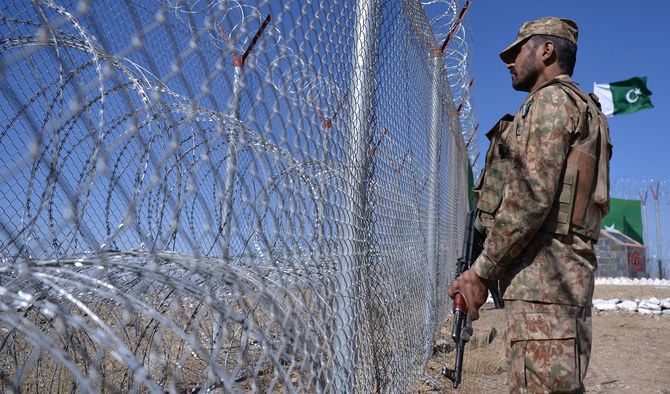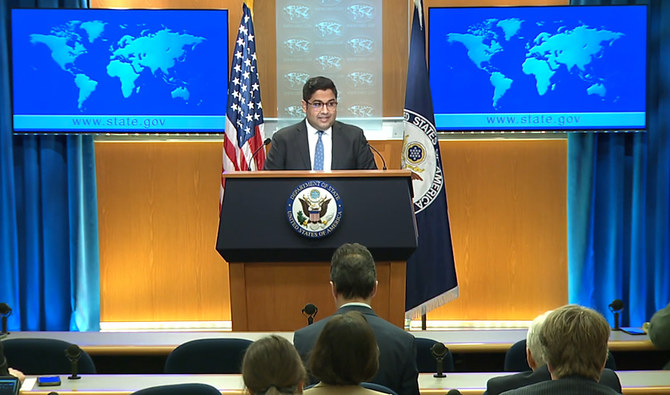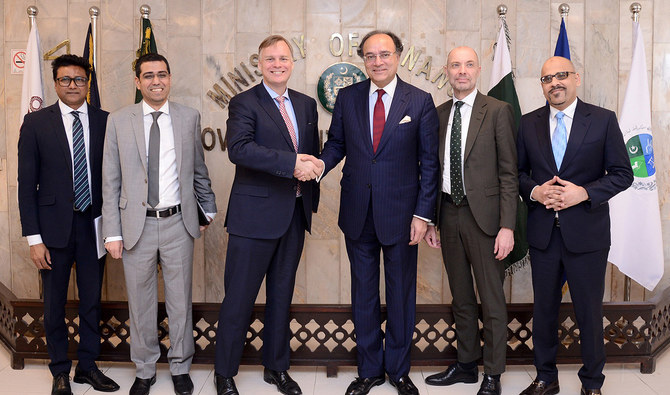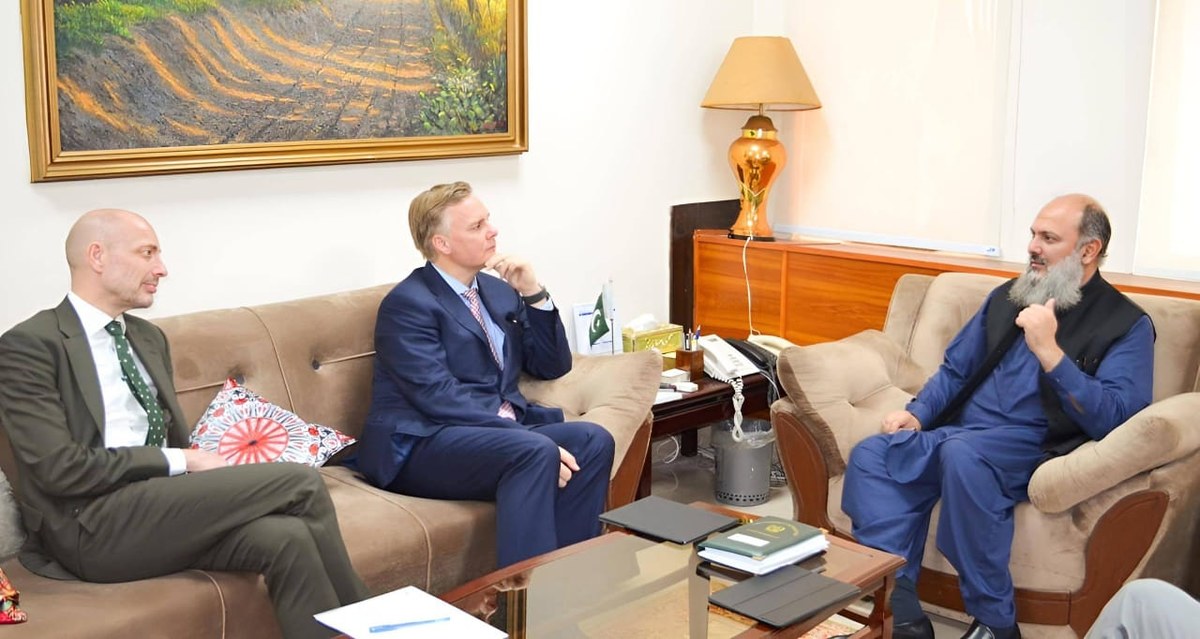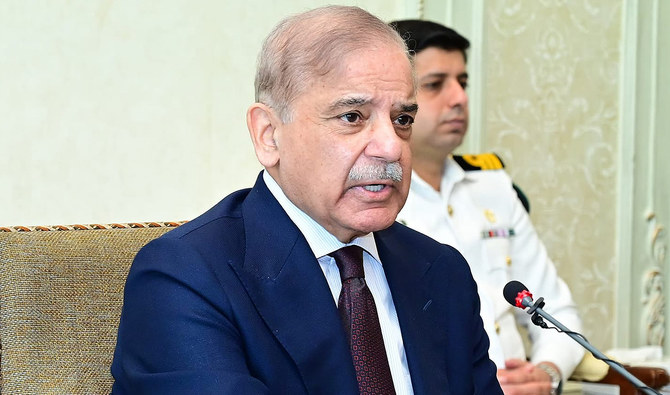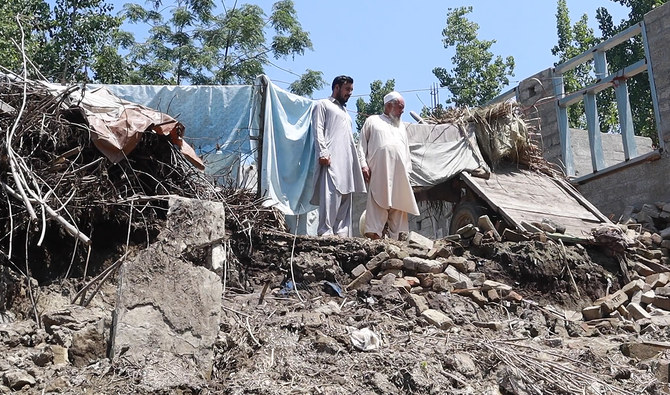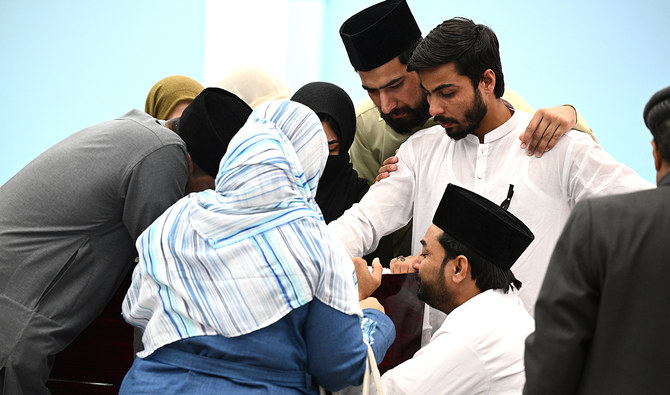RAWALPINDI: The fencing of Pakistan’s border with Afghanistan was 94 percent complete and the remaining work would go on as planned, a spokesperson for the Pakistan army said on Wednesday.
Pakistan has fenced most of the 2,600 km border despite protests from Kabul, which has always contested the British-era boundary demarcation that splits families and tribes on either side. In recent weeks, there have been multiple incidents of Afghan Taliban border guards trying to remove the fence or disrupt construction work.
The fencing was a main reason behind the souring of relations between previous Afghan governments and Islamabad. The current standoff indicates the matter remains a contentious matter for the Taliban, despite its close ties to Islamabad.
“We have completed about 94% fence work on the PAk-Afghan border and it will continue as planned,” Major General Babar Iftikhar told reporters. “The work is ongoing and will be completed in the given timeframe.”
He said the government of Pakistan was in contact with the Afghan government to resolve any issues that surfaced.
“We have very good relations and understand each other. We keep talking about different issues that keep surfacing, including the fencing issue.”
He said the fence was a requirement to regulate security, border crossings and trade, and “the purpose of this is not to divide but to protect them [people].”
“There is complete harmony on this at the government level on both sides. We have to solve problems with patience and utmost care … so that we can get our basic purpose of peace in the region.”
He added that 71% work on fencing the Pak-Iran border had also been completed.
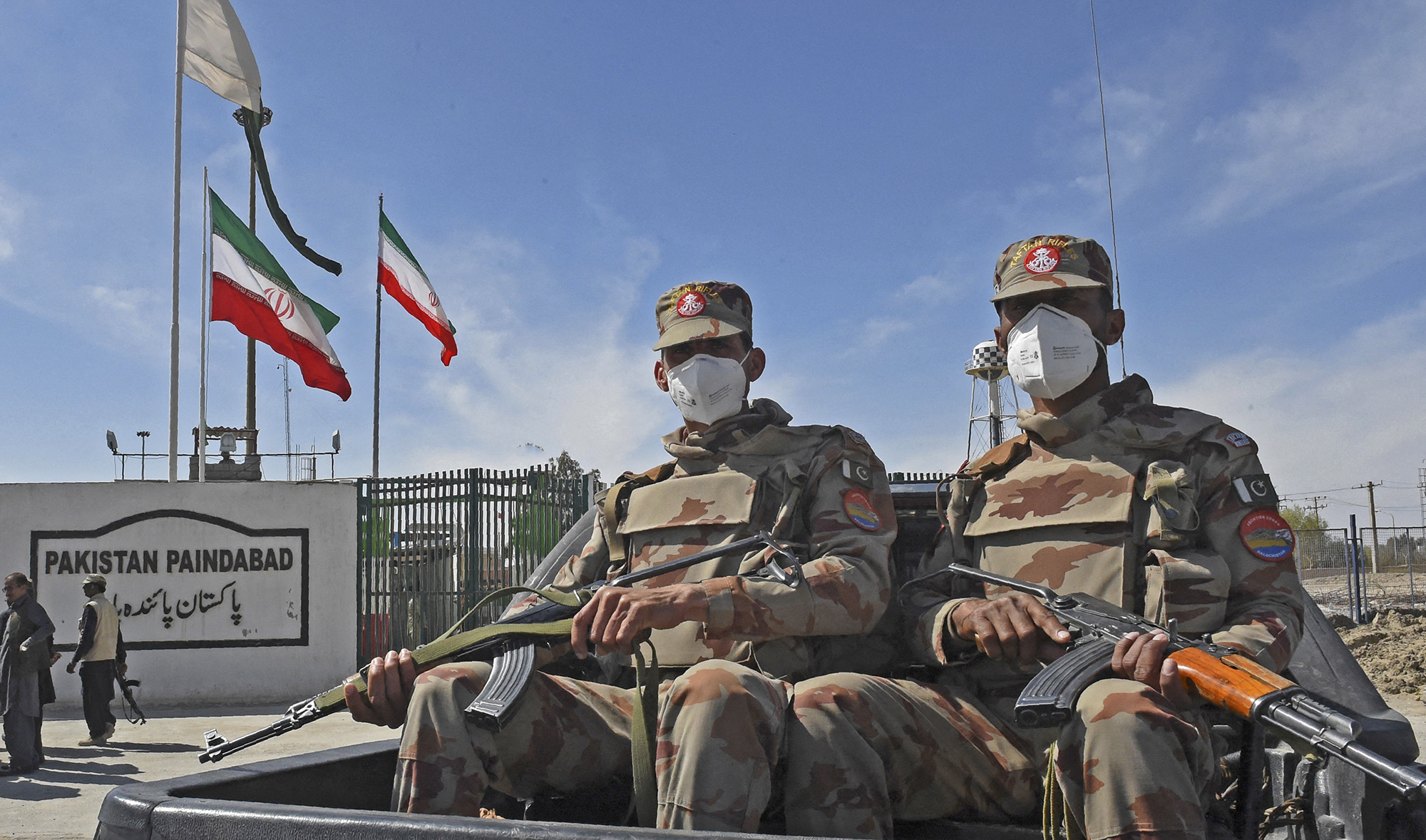
Pakistani soldiers wearing facemasks patrol near the Pakistan-Iran border in Taftan on February 25, 2020. (AFP/File)
Iftikhar said talks with the banned Tehrik-i-Taliban Pakistan (TTP) were on hold and operations against the militant outfit were ongoing.
Last month, the group declared an end to a month-long ceasefire arranged with the aid of the Afghan Taliban, accusing the Pakistan government of breaching terms including a prisoner release agreement and the formation of negotiating committees.
“The ceasefire ended on December 9,” Iftikhar said. “As much as talks with TTP are concerned, they are on hold and operations are continued.”
He said the ceasefire was a confidence building measure given to the group on the request of the current Afghan Taliban government, which came into power in Kabul last August and pledged that it would not allow its soil to be used by militants against any other nation.
“So it was in that context that they [Afghan Taliban] gave this option, that they would bring them [TTP] to the table and make them accept what Pakistan wants. So those terms and conditions were yet to be settled,” he added.
“There were some conditions which were non negotiable from our side. So there is no ceasefire now, we are fighting and we are taking them on by conducting operations everyday. We will continue doing so till the time we get rid of this menace.”



